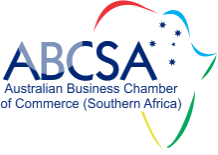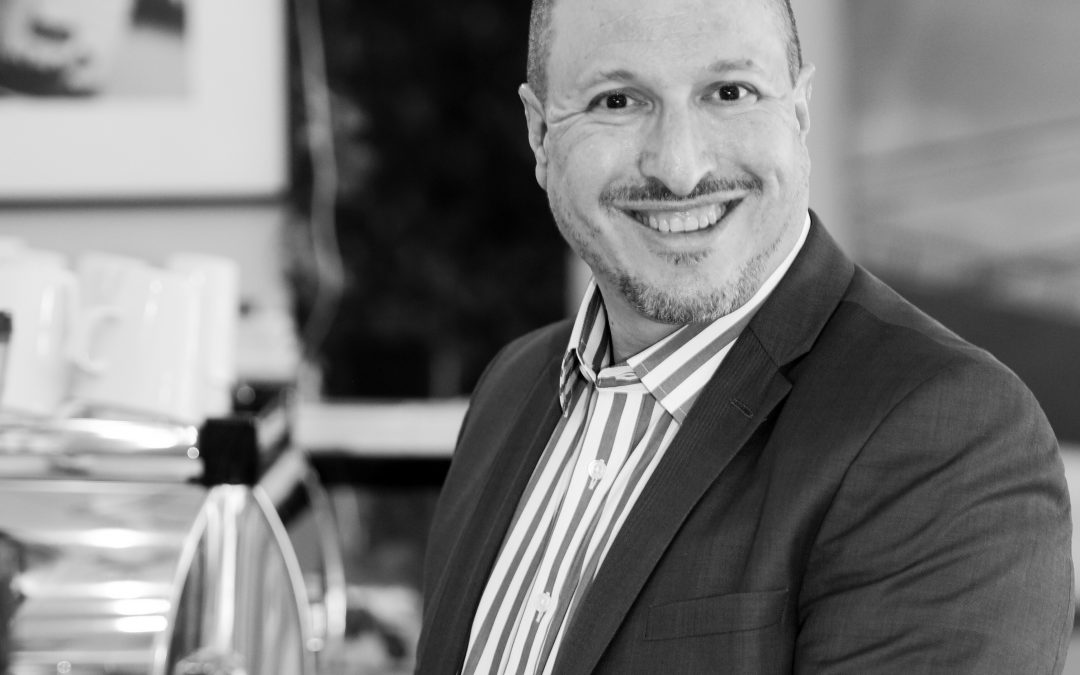Change is Inevitable
There are going to be fundamental changes in just about every aspect of our daily lives, impacting industry dynamics, technology, regulations and human behaviour.
THE post-COVID-19 era will have an economy shaped by new habits and regulations, with reduced close-contact interaction, tighter travel restrictions, and heightened hygiene habits.
Our lives will look very different from the one we were all accustomed to about three months ago.
Introducing the Low Touch Economy
The term is the brainchild of the Board of Innovation, a consultancy firm based in Antwerp, Belgium.
The top business related trends highlighted in the report by the same company are:
- Even more anxiousness, loneliness and depression;
- Diminished trust in the hygiene of people and products;
- Extended travel restrictions, even within the country;
- Optimized work from home setups, beyond typical office jobs;
- Rising tensions and conflicts;
- Unprecedented levels of global unemployment;
- Expansion of one’s identity beyond just one’s job
- Unique value for consumer groups who have certified immunity.
As we have observed in recent weeks many of the trends are ringing true. Most notably are rising tensions and conflict. Questions abound as to the origins of the virus further diminishing trust. Lack of trust in government and rising questions of the need for such stringent lockdown restrictions, which lack gravitas or evidence that ‘heavy handed’ measures are counterproductive and further damaging an already critical economic situation.
Understanding the landscape will continue to be a great deal more complicated than most of us can grasp now.
The broad spectrum of uncertainty about the direction of the global and local economies is hampering the ability to focus on what beholds beyond the cloud, and until things return to something that at least faintly resembles normalcy decisions must be taken and will need to focus on what can be controlled and influenced.
Businesses are facing different levels of risk, and these risks further vary depending on whether the economic recovery happens quickly or not, and in what manner that progresses.
These are unprecedented times, filled with fear, anxiety, and a loss of a living sense. In such a time how businesses treat their employees is essential in the long-term relationship the business wants to have with its workers, the culture it wants to propagate, and the culture it wants to establish.
The coronavirus crisis is a world-changing event and this is a good thing. Our world is in need of a shake up.
The journey ahead can be viewed through two different actions. Push or Pull.
Pushing through the clouds of uncertainty, thinking about how to position themselves once the crisis has passed and things return to normal.
Pulling back towards the old and trying to, for some business owners, immediate-term survival is the only agenda item.
The question on everyone’s mind is: – ‘What will normal look like?’
While no one can give a definitive indication of when all the restrictions will be lifted. What we do know is consumer behaviour has and will continue to shift!
Conclusion
The Fourth Industrial Revolution was poised to bring in massive changes in commerce and society, these technologies will now become indispensable in adapting to the needs of the low touch consumer.
Those playing defence and pushing back in the face of these changes will have to pivot rapidly to survive by taking proactive action.
Pleading ignorance is no longer a valid excuse, and those who act fast and decisively will seize the advantage.
Individuals, companies, societies and countries will all be impacted.
Changes in human behaviour are inevitable and those individuals who develop their self-awareness will be best positioned to adapt and embrace innovation and change.
My involvement and contribution towards a better future
I have spent the last six weeks engaging with various organisations and individuals from within my global network to formulate and understand how to handle and approach the challenge of flattening the curve without destroying our economy.By way of a disclaimer I am not an economist, financial advisor nor do I possess a crystal ball.
I bring to the table my 25 years of experience in corporate world, combined with my behavioural and emotional intelligence knowledge and experience I have gained over the last two years, acquired through formal counselling and trauma containment studies (FAMSA) and completing the Executive and Management Coaching course through the University of Cape Town.
I am a registered member of the International Coach Federation (ICF)


